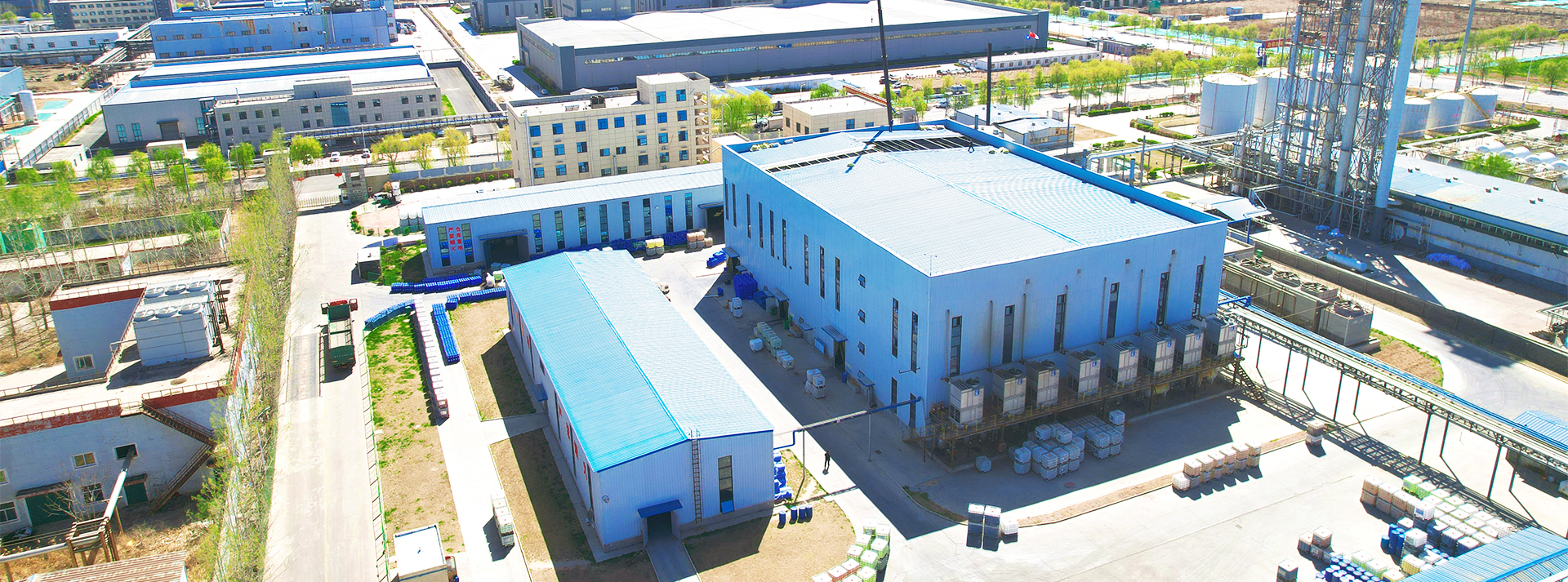Understanding the Impact of Scale and Corrosion Inhibitors in Chemical Processes
Scale and Corrosion Inhibitor Chemicals An Overview
In various industrial processes, scale formation and corrosion pose significant challenges that can lead to equipment failure, reduced efficiency, and increased operational costs. To mitigate these problems, scale and corrosion inhibitors are essential chemicals used across multiple sectors, including oil and gas, water treatment, power generation, and manufacturing.
Understanding Scale and Corrosion
Scale refers to the accumulation of minerals, such as calcium carbonate or magnesium sulfate, that precipitate from water due to changes in temperature, pressure, or pH. This buildup can clog pipes, heat exchangers, and other equipment, severely hampering fluid flow and heat transfer efficiency. On the other hand, corrosion is an electrochemical reaction that leads to the deterioration of metals when exposed to moisture, chemicals, and corrosive environments. This process can result in leaks, structural failures, and a significant safety hazard in industrial settings.
Role of Inhibitors
Scale and corrosion inhibitors are substances added to fluids to prevent or reduce these detrimental effects. Scale inhibitors function by interfering with the crystallization process of scale-forming minerals, often through the use of phosphonates, polyacrylic acids, or other polymeric compounds. These inhibitors can either prevent the formation of scale altogether or reduce the extent of scale already present.
Corrosion inhibitors, conversely, work by forming a protective layer on metal surfaces, thereby shielding them from corrosive agents. These inhibitors can be categorized into anodic inhibitors, cathodic inhibitors, and mixed inhibitors, each acting on different electrochemical processes. Common examples include chromates, nitrites, and various organic compounds that can offer effective protection in different environments.
Applications in Various Industries
scale and corrosion inhibitor chemicals

In the oil and gas industry, scale and corrosion inhibitors are critical in preventing pipe blockages and extending the lifespan of equipment subjected to harsh conditions. Corrosion inhibitors are particularly vital in ensuring the integrity of pipelines transporting crude oil and natural gas, while scale inhibitors help maintain the efficiency of downhole operations and surface facilities.
In water treatment facilities, scale inhibitors are used to keep water systems free of deposits that could impede flow and efficiency. Corrosion inhibitors are also utilized to protect infrastructure such as boilers, cooling towers, and pipelines from the effects of aggressive water chemistry.
In the power generation sector, both scale and corrosion can impact the efficiency and safety of steam generators and cooling systems. The application of inhibitors is crucial to ensure the longevity and reliability of these systems, ultimately contributing to energy efficiency and reduced operational costs.
Environmental Considerations and Innovations
While the effectiveness of scale and corrosion inhibitors is well-established, there is growing concern regarding their environmental impact. Some traditional inhibitors, particularly those containing heavy metals, can pose ecological risks. As a result, there is a strong push towards the development of more environmentally friendly alternatives. Innovations in biodegradable and non-toxic formulations are being researched, promising similar efficacy without the associated environmental burdens.
Conclusion
Scale and corrosion inhibitor chemicals play a vital role in industrial processes by safeguarding equipment, enhancing efficiency, and reducing maintenance costs. As industries face increasing environmental scrutiny, the development of sustainable inhibitor solutions will be essential. The continued innovation in this field not only aims to solve pressing operational challenges but also aligns with global efforts toward sustainability and environmental responsibility.
-
lk-319-special-scale-and-corrosion-inhibitor-for-steel-plants-advanced-solutions-for-industrial-water-systemsNewsAug.22,2025
-
flocculant-water-treatment-essential-chemical-solutions-for-purification-processesNewsAug.22,2025
-
isothiazolinones-versatile-microbial-control-agents-for-industrial-and-consumer-applicationsNewsAug.22,2025
-
scale-inhibitor-key-solutions-for-water-system-scale-preventionNewsAug.22,2025
-
organophosphonates-versatile-scale-inhibitors-for-industrial-water-systemsNewsAug.22,2025
-
scale-and-corrosion-inhibitor-essential-chemical-solutions-for-water-system-maintenanceNewsAug.22,2025





